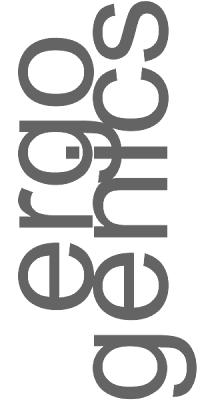 |
|
Yoghurt is een beter wapen tegen botontkalking dan melk
Yoghurt en supplementen met extra vitamine D beschermen tegen botontkalking, melk en kaas niet. Dat is de opmerkelijke uitkomst van een Ierse epidemiologische studie, die onderzoekers van Trinity College Dublin binnenkort publiceren in Osteoporosis International.
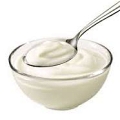
Studie
De onderzoekers kenden het voedingspatroon van de studiedeelnemers, en hadden scans die vertelden hoe de botmassa van de studiedeelnemers eraan toe was.
Resultaten
Het gebruik van supplementen met vitamine D was de sterkste beschermende factor tegen botontkalking die de onderzoekers konden vinden. Op de tweede plaats kwam yoghurt. Mannen en vrouwen die dagelijks yoghurt consumeerden hadden respectievelijk 52 en 39 procent minder kans op botontkalking dan mannen en vrouwen die geen yoghurt gebruikten.
Melk en kaas beschermden niet.
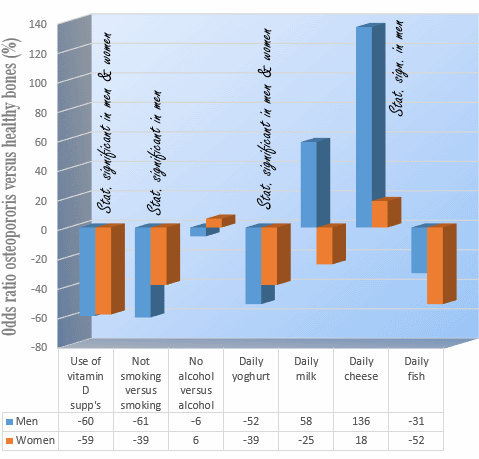
Mechanisme
"In data from the Framingham Heart Study offspring cohort, yogurt consumers were 47 and 55% less likely to have inadequate intakes of vitamins B2 and B12, respectively [Nutr Res. 2013 Jan;33(1):18-26.], while in 2797 Italian adults (aged 18-97 years), yogurt consumers were more likely to have adequate intakes of vitamins and minerals compared to nonconsumers [Int J Food Sci Nutr. 2016;67(3):232-8.]."
"Yogurt also contains significant quantities of protein, bioactive peptides, and biocultures which have been associated with bone health and immunological benefits [ScientificWorldJournal. 2014 Jan 22;2014:595962.] [Biomed Res Int. 2015;2015:897639.] [Ann Nutr Metab. 2004;48(4):228-34.] [PLoS One. 2015 Dec 10;10(12):e0144231.]."
"Furthermore, in a recent review, it was suggested that the modifiable nature of the gut microbiome could provide a potential therapeutic target to intervene in musculoskeletal conditions of aging [J Bone Miner Res. 2016 Feb;31(2):261-9.]. It is perhaps this unique combination of macro- and micronutrients with bioactive compounds within yogurt that confers bone promotion and improved physical function."
Conclusie
"The findings provide evidence that lower frequency of yogurt intake is significantly associated with a lower bone mass density and that improving yogurt intakes could be a valuable and cost-effective health measure for maintaining bone health and in reducing frailty in older adults", concluderen de onderzoekers.
"Future randomized controlled trials are required to assess and investigate the efficacy of such approaches."
Bron:
Osteoporos Int. 2017 May 1. doi: 10.1007/s00198-017-4049-5. [Epub ahead of print].
Meer:
Pas bij minstens twee fitnesstrainingen per week blijven de botten sterk (7-6-2013)
Zware krachttraining laat botmassa toenemen bij osteoporose (2-3-2013)
Twee glazen sojamelk per dag houden botmassa op peil (16-1-2010)
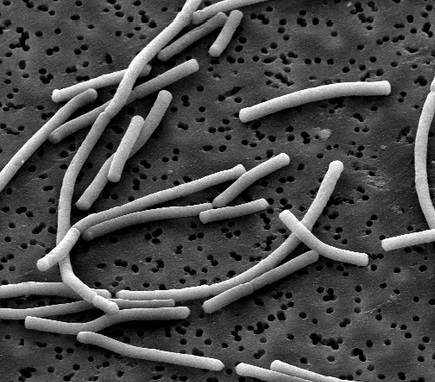 |
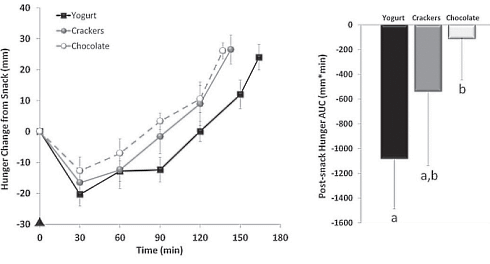 |
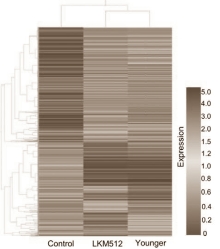 |
|
Geschiedenis probiotica begon met zoektocht naar levensverlenging |
Kop magere yoghurt in de middag maakt afslanken een stuk gemakkelijker |
Probiotische yoghurtbacterie LKM512 verlengt levensduur |